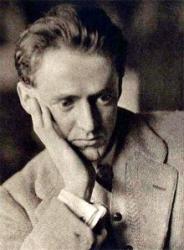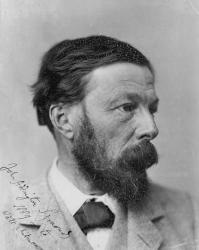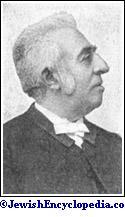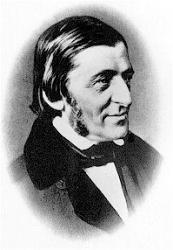1855 - 1915 Hymnal Number: d105 Author of "Thy Brother" in We Sing of Life Williams, Theodore Chickering, an American Unitarian minister, b. at Brookline, Mass., in 1855, and educated at Harvard, 1876, and the Harvard Divinity School, 1882. He was from 1882 to 1896 pastor of All Souls, N. Y., and has been since 1899 headmaster of Hackley School, Tarrytown, N.Y. His hymns include:—
1. As the storm retreating leaves the vales in peace. [Evening.] (1888).
2. Glory to God on high . . . Let the whole creation cry. [Praise.] (1889).
3. I long did roam afar from home. [Brought Home by Christ.] (1889).
4. Lord, Who dost the voices bless. [Ordination.] (1881).
5. My heart of dust was made. [The Image of God desired.] This is Anon, in Amore Dei, but in the Index of Authors thereto it is given to this author.
6. When thy heart with joy o'erflowing. [Unity with others desired.] (1891).
These facts and dates are from Mrs. Theodore C. Williams's Hymnal, Amore Dei, Boston, 1900-1904.
--John Julian, Dictionary of Hymnology, New Supplement (1907)
===================================
Willias, Rev. Theodore Chickering. (Brookline, Massachusetts, July 2, 1855--May 6, 1915, Boston, Mass.). He graduated from Harvard College in 1876, and from the Harvard Divinity School in 1882. He was ordained minister of the Unitarian Church in Winchester, Mass., in 1882, but became minister of All Souls' Church, New York, in 1883. He resigned in 1896, and spent two years in Europe. After his return he served as headmaster of Hackley School, Tarrytown, New York, 1899-1905. A classical scholar, and gifted as a poet, he published a fine metrical translation of Virgil's Aeneid, wrote a number of hymns which are religious poetry of a high order, and assisted his wife, Velma C. Williams, in compiling her Hymnal: Amore Dei, 1890, revised edition 1897.
--Henry Wilder Foote, DNAH Archives
Theodore Chickering Williams




